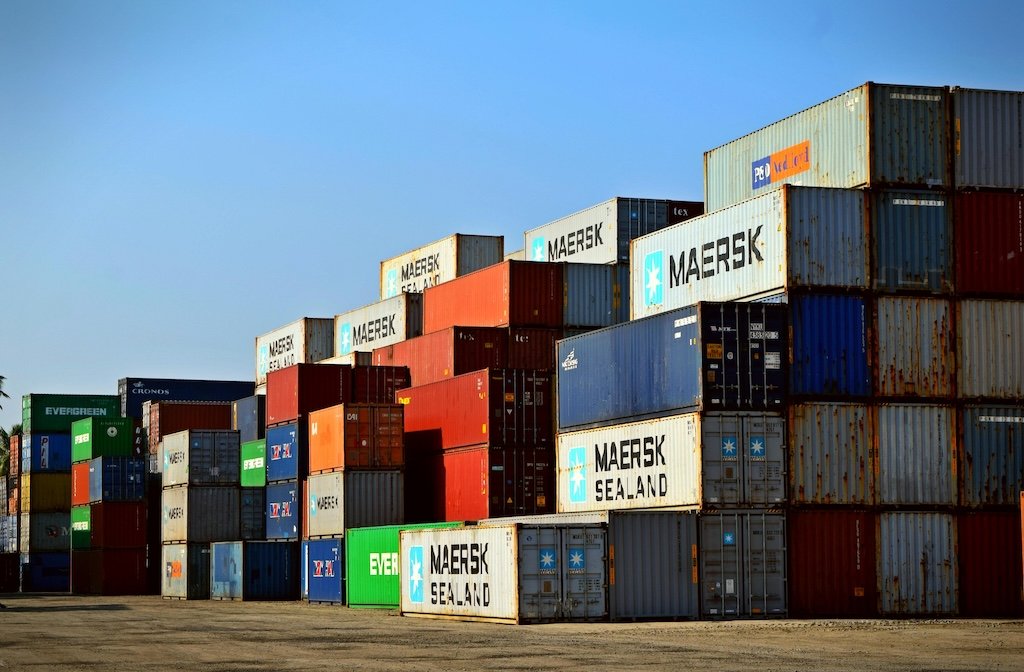Navigating Cross-Border Freight Management in the Age of E-commerce
The rapid rise of e-commerce has revolutionised global trade, breaking down barriers and enabling businesses of all sizes to reach customers well beyond their domestic markets. While this has created unprecedented opportunities for growth, it has also brought a new level of complexity to freight logistics—particularly when it comes to cross-border freight management. For Australian businesses expanding into international markets, understanding and optimising freight operations is no longer a nice-to-have—it’s essential for maintaining customer satisfaction, managing costs, and staying competitive.
The E-commerce Effect on Freight
With consumers now expecting fast, affordable, and transparent delivery options, e-commerce has dramatically reshaped the freight landscape. Online retailers are under pressure to offer international shipping solutions that are both efficient and reliable. This demand has placed logistics providers in the spotlight, driving innovation in tracking systems, warehouse automation, and last-mile delivery capabilities.
However, the challenge becomes significantly more complicated when goods need to move across borders. From customs regulations and documentation requirements to currency fluctuations and varying transit times, managing international freight requires strategic planning and expert coordination.
The Key Challenges in Cross-Border Freight Management
Customs Compliance: Every country has its own import/export laws, taxes, and documentation standards. Failing to comply can result in delays, fines, or even the seizure of goods. Having experienced freight partners or in-house customs specialists is crucial.
Diverse Carrier Networks: International shipping often involves multiple carriers and handovers across regions. Ensuring a seamless journey for packages requires integration and communication between all parties, which can be difficult to manage without robust systems in place.
Transparency and Tracking: Today’s e-commerce customers want to track their parcels in real time. Freight companies must offer visibility into every stage of the delivery process, regardless of the number of borders crossed.
Cost Control: Fluctuating fuel prices, tariffs, and unexpected delays can all impact profitability. Building flexibility into freight strategies helps businesses adapt to change without eroding their margins.
Technology as a Driving Force
Smart technology is proving to be a game-changer in navigating these challenges. From AI-driven route optimisation to blockchain-powered supply chains, digital tools are streamlining cross-border operations and reducing room for error. Integrated logistics platforms can now provide live tracking, automate documentation, and support multi-modal freight strategies tailored to the specific needs of e-commerce businesses. These innovations are helping Australian retailers and distributors overcome geographical limitations and offer world-class service to international buyers.
Partnering for Success
Navigating the complexities of international shipping requires more than just access to freight carriers—it demands expertise, agility, and strategic insight. That’s why many businesses are turning to third-party logistics (3PL) providers who can offer end-to-end freight management support. By doing so, they gain access to a network of carriers, advanced systems, and compliance know-how that would be costly and time-consuming to develop in-house. To truly optimise your logistics, it’s important to understand freight management services as more than just operational tools—they are a strategic investment in long-term growth and customer satisfaction.
Cross-border freight management in the age of e-commerce is as much about strategy as it is about shipping
For Australian businesses eyeing global expansion, the ability to deliver quickly, cost-effectively, and reliably across borders is a major competitive advantage. By leveraging technology, partnering with the right logistics experts, and staying proactive in the face of global change, businesses can navigate the challenges—and seize the opportunities—of cross-border trade with confidence.

